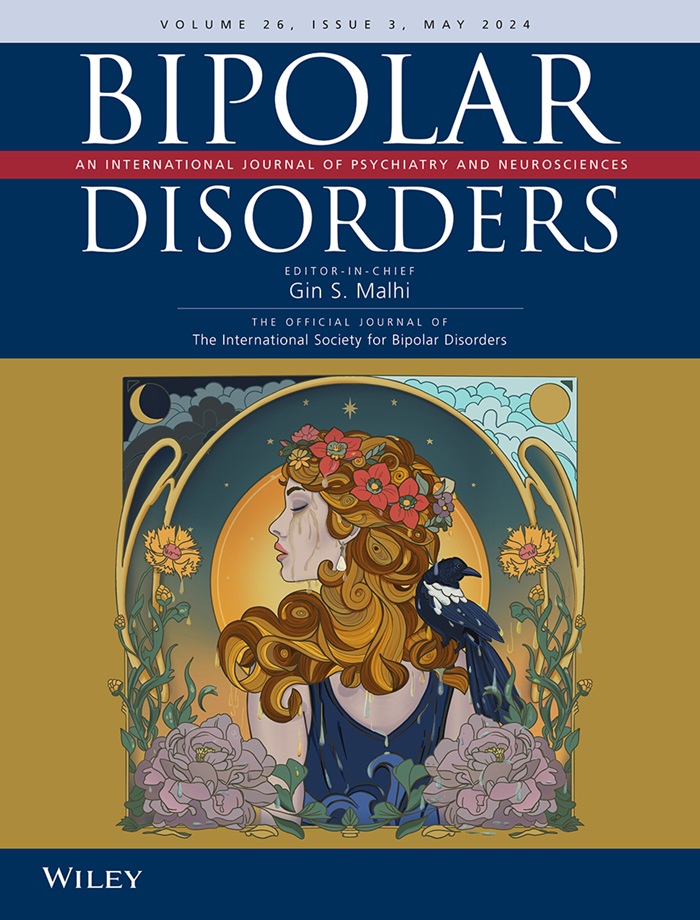Distinguishing bipolar depression, bipolar mania, and major depressive disorder by gut microbial characteristics
Abstract
Background
Gut microbial disturbance has been widely confirmed in mood disorders. However, little is known about whether gut microbial characteristics can distinguish major depressive disorder (MDD), bipolar depression (BP-D), and bipolar mania (BP-M).
Methods
This was a prospective case–control study. The composition of gut microbiota was profiled using 16S ribosomal RNA (rRNA) gene sequencing of fecal samples and compared between healthy controls (HC; n = 46), MDD (n = 51), BP-D (n = 44), and patients with BP-M (n = 45).
Results
Gut microbial compositions were remarkably changed in the patients with MDD, BP-D, and BP-M. Compared to HC, distinct gut microbiome signatures were found in MDD, BP-D, and BP-M, and some gut microbial changes were overlapping between the three mood disorders. Furthermore, we identified a signature of 7 operational taxonomic units (OUT; Prevotellaceae-related OUT22, Prevotellaceae-related OUT31, Prevotellaceae-related OTU770, Ruminococcaceae-related OUT70, Bacteroidaceae-related OTU1536, Propionibacteriaceae-related OTU97, Acidaminococcaceae-related OTU34) that can distinguish patients with MDD from those with BP-D, BP-M, or HC, with area under the curve (AUC) values ranging from 0.910 to 0.996.
Conclusion
Our results provide the clinical rationale for the discriminative diagnosis of MDD, BP-D, and BP-M by characteristic gut microbial features.

 求助内容:
求助内容: 应助结果提醒方式:
应助结果提醒方式:


